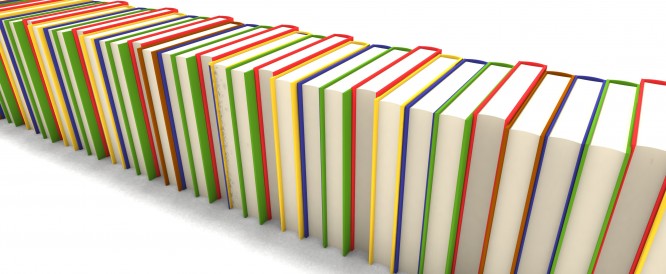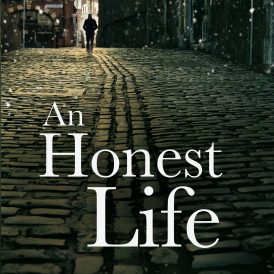If you have any young friends who aspire to become writers, the second greatest favour you can do them is to present them with copies of The Elements of Style.
The first greatest, of course, is to shoot them now, while they’re happy.
― Dorothy Parker
It’s not easy, writing. Who said it was? It’s definitely a skill that grows the more you study it so we’ve put together a list of books we believe will really help you in your writing.
On Writing by Stephen King
Find out what books and films influenced the young writer, his first idea for a story and the true life tale that inspired Carrie. For the first time, here’s an intimate autobiographical portrait of his home life, his family and his traumatic recent accident. Citing examples of his work and those of his contemporaries, King gives an excellent masterclass on writing – how to use the tools of the trade from building characters to pace and plotting as well as practical advice on presentation. King tells readers how he got to be a No. 1 bestseller for a quarter of a century with fascinating descriptions of his own process, the origins and development of, e.g. Carrie and Misery.
The Artist’s Way by Julia Cameron
With the basic principle that creative expression is the natural direction of life, Julia Cameron and Mark Bryan lead you through a comprehensive 12-week program to recover your creativity from a variety of blocks, including limiting beliefs, fear, self-sabotage, jealousy, guilt, addictions and other inhibiting forces, replacing them with artistic confidence and productivity. This is the international bestselling book for unlocking your creative potential.
On Writing Well by William Zinsser
On Writing Well has been praised for its sound advice, its clarity and the warmth of its style. It is a book for everybody who wants to learn how to write or who needs to do some writing to get through the day, as almost everybody does in the age of e-mail and the Internet. Whether you want to write about people or places, science and technology, business, sports, the arts or about yourself in the increasingly popular memoir genre, On Writing Well offers you fundamental principles as well as the insights of a distinguished writer and teacher. With more than a million copies sole, this book has stood the test of time and remains a valuable resource for writers and would-be writers.
Escaping into the Open: The Art of Writing True by Elizabeth Berg
Elizabeth Berg is the author of eighteen novels and has more than 1.5 million books in print. Her novel, Open House, was an Oprah’s Book Club selection in 2000. The author offers inspirational advice, helpful tips, and personal stories on how to write straight from the heart, how to unleash creativity, and how to deal with rejection.
Show Don’t Tell: A Writer’s Guide by William Noble
If one hears one thing from every single writing instructor it’s, “Show, don’t tell.”
“Don’t tell us he’s afraid of losing her, show us!”
“Don’t tell us it’s a richly decorated room, show us!”
“Don’t tell us the Russian tundra is cold, show us!”
Easier said than done, and no one ever wrote a book on how to do it, that is until William Noble wrote this classic work a decade ago.
From the use of dialogue to employing melodrama to developing incidents and anecdotes, Show Don’t Tell explains how to entertain your readers instead of lecturing to them.
Written in Noble’s absorbing voice, Show Don’t Tell illustrates how to develop a dramatic framework using similes and metaphors, a focused point of view, steady pacing, increasing tension, and an appeal to the senses to create solid dramatic impact. In other words, how to show, not tell! Perfect for novelists, short story writers, and those interested in writing creative nonfiction.
The Elements of Style by William Strunk, Jr. and E. B. White
The Elements of Style (1918) is an American English writing style guide. It is the best-known, most influential prescriptive treatment of English grammar and usage, and often is required reading and usage in U.S. high school and university composition classes. The Elements of Style details eight elementary rules of usage, ten elementary principles of composition, “a few matters of form,” and a list of commonly misused words and expressions.
The Writing Life by Annie Dillard
With color, irony and sensitivity, Pulitzer prize-winner Annie Dillard illuminates the dedication absurdity, and daring that is the writer’s life. As it probes and exposes, examines and analyzes, The Writing Life offers deeper insight into one of the most mysterious of professions.
Happy Writing,
#TLP
Other articles you might like…
Setting up a bookclub? Read our guide to how to start one.
Writing a novel? Check out our library of writing resources.
Honing your craft? Check out our favourite writing books.
Practicing your skills? Try out our general writing exercises.
Submitting your novel? Check out our Dos and Don’ts.
Don’t just take our advice. Check out Orwell’s Rules for Writers.
Just starting out? Read our advice for new writers.
Join our mailing list:


